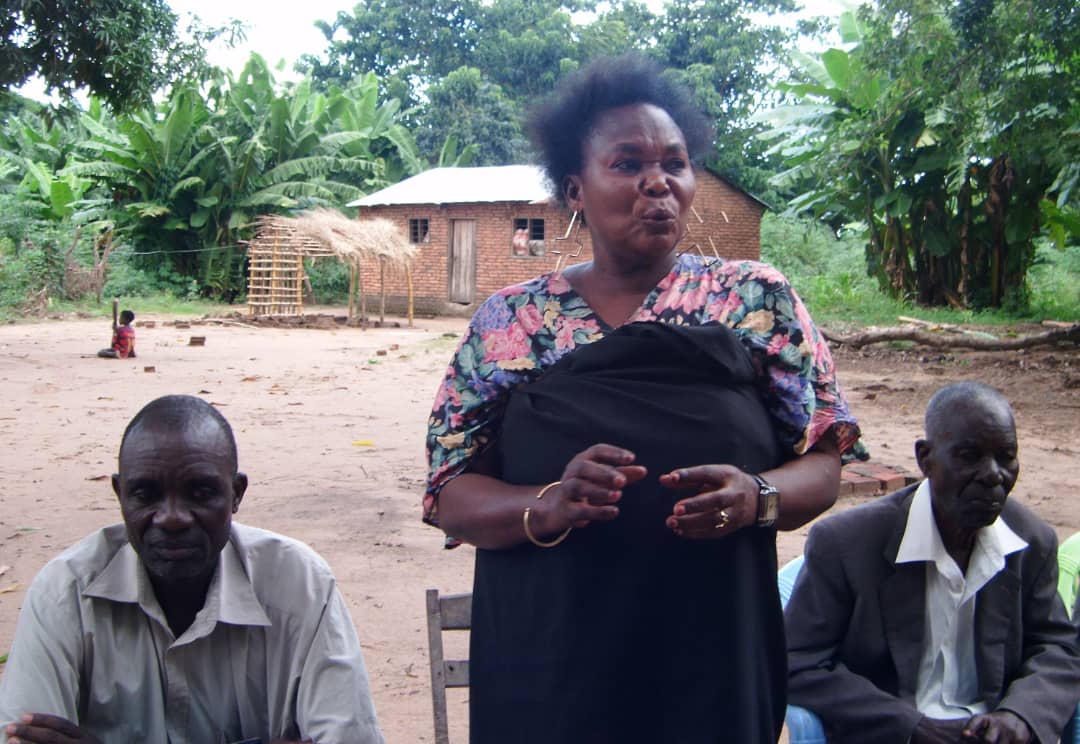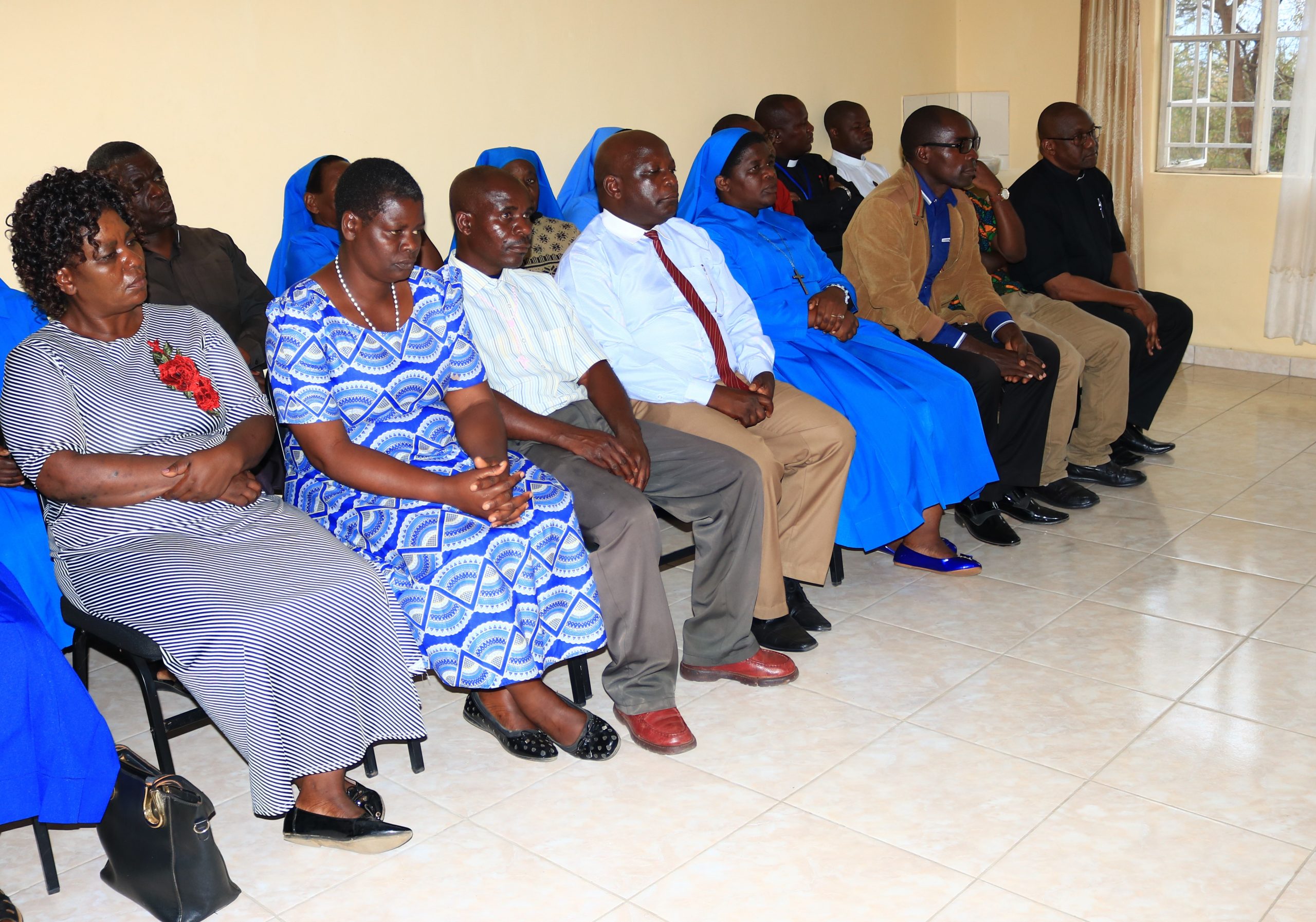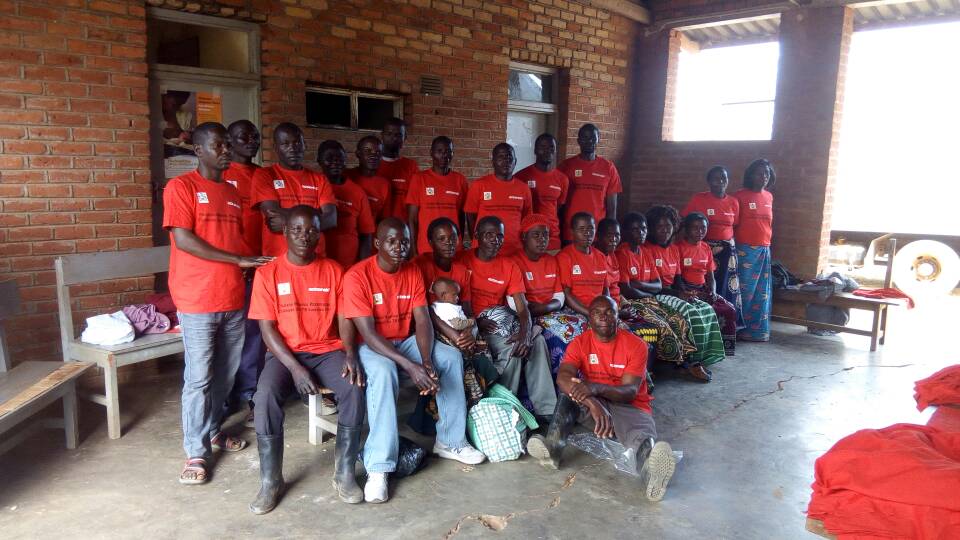Community Members Press For New MoU With a Mining Company
By Jordan Simeon-Phiri*
Katumbi community members from Senior Group Village Head Katumbi in the area of Traditional Authority (TA) Kilupula in Karonga District have demanded to review a memorandum of understanding (MoU) with C and M Group that will see both parties benefiting from the proceeds of the coal that the company is mining in Katumbi Hills.
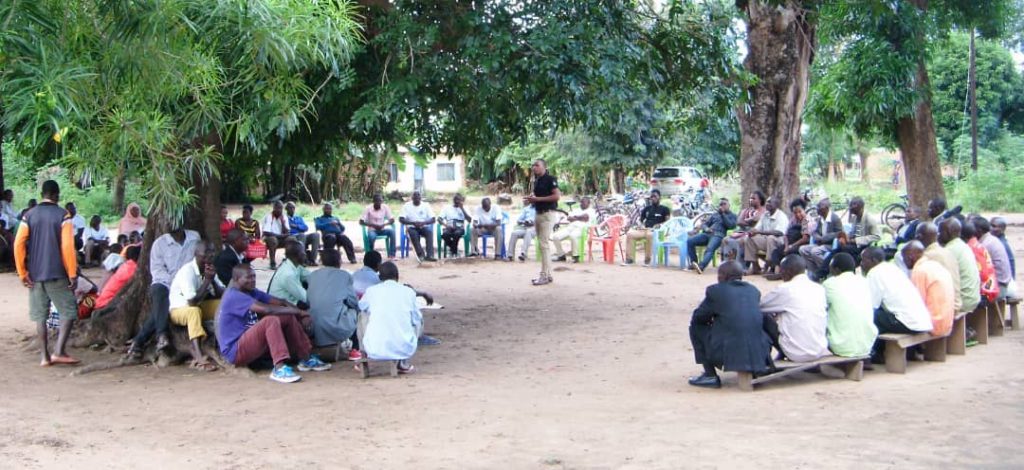
Speaking on behalf of the committee at an engagement meeting held at Katumbi ground on Monday, the committee’s chairperson Lemford Chawinga said as bonafide owners of the natural resources, they need to have a legally binding document that will be there for the drilling period of the minerals.
“The previous document lacked the element of empowering the community that would take the miner to task in case they fail to fulfill some promises. Now what we are saying is, we want a fully-fledged MoU that has a blessing of the DC, the Commissioner of Oath, the T/A, community members, civil society organization (CSO) representatives and church leaders.
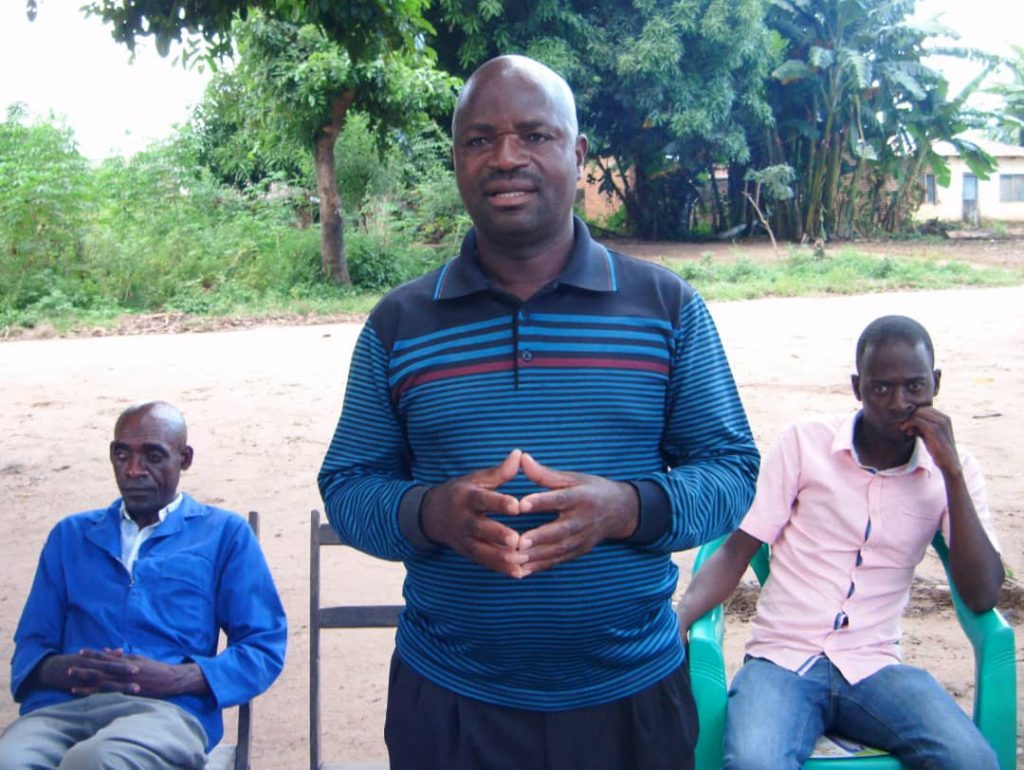
“This will serve as reference material when the investor plays hide and seek on certain unfulfilled corporate social responsibility projects,” Chawinga said.
On his part, Deputy Director for C and M Group John Ndhlovu hailed the community members for the meeting, describing it as fruitful as they reached a consensus of drafting the MoU as soon as possible so that they begin construction work of school blocks and teachers’ houses for the community.
“Since the elections and the rainy season are over, we would like to ask all stakeholders to expedite the process as we would want to embark on the project of constructing two school blocks and teachers’ houses each with electricity at Kafulu and Kasantha primary schools.
“Furthermore, we also want to plant trees on Katumbi Hills within the first five years of production of coal at the site,” Ndhlovu said.
Project Coordinator for extractives at Justice and Peace (JP) of Karonga Diocese Vincent Bwinga hailed the community members for demanding for a legally binding MoU with the investor, saying it is within their free, prior, informed, consent (FPIC) component.
“We are glad to be part of this meeting that both the community members and the investor have agreed on producing an MoU that will see them smiling. As an institution, we are always happy when we see investors holding fruitful meetings like this one for the sake of socio economic growth,” Bwinga said.
JP of Karonga Diocese with funding from Australian Aid through Oxfam is implementing an inclusive extractive project in Karonga District.
*The author is a Malawi Electoral Commission Stringer for Karonga
Tips for Preventing Cases of Child Abuse in Institutions That Take Care of Children
By Vitumbiko Ngwira
Introduction
Child protection is increasingly becoming a popular topic in many countries. This is because of the increased number of child abuse cases that the world at large is experiencing. Malawi lacks comprehensive statistics on child protection but the little available data indicates that around 65 per cent of girls and 35 per cent of boys experience some form of child abuse during their lifetime (UNICEF, 2012). This alone is huge gap for a country that has a young population.
Everybody is responsible in ensuring that children are safe and are living in good conditions. For those organizations, in charge of taking care of children, the obligation is even tougher due to their role of ensuring that children under their care are raised in a safe environment. Extra caution must be taken by such organizations. This brief article presents some of the tips that are helpful in the eradication of child protection cases, especially for institutions that are taking care of children in Malawi and across the globe. These institutions can be Early Childhood development centers, Orphan care centers, churches and schools.
-
Recruitment
Organizations that are taking care of children must ensure that they employ people who do not have a record of child abuse in their previous lives. Recruiting people who have been involved in child abuse is a big risk for your organization; they are likely to repeat the same in your organization. All workers in child care institutions must not have any record of child abuse.
It is also important to recruit people with the right qualification in order to give good support to the children that are being taken care of. It is always advisable to have a social worker and a psychosocial counselor in order to handle cases with professionalism. This is important because most of the case that are handled in institutions are complex and require professional knowledge.
-
Having enough resources for taking care of children
Institutions for taking care of children must be ready with enough resources to take care of the children. It is very important to have the required resources for taking care of children. For example, there should be enough money, infrastructure, food, and human resource to make sure that children are given the adequate support.
-
Teaching children about child abuse
The best way to prevent child abuse is to empower children to protect themselves. First of all, it is important to make sure that children know about child abuse. Child abuse should never be taken as something normal. Additionally, they should be taught where to report in case they are suspicious of an abusive environment or situation. Institutions should deliberate create sessions for children on child abuse. Similarly they should also create session for child abuse for the staff involved in their institution.
-
Have a clear child protection policy
Institutions should have a working child protection policy to help guide and reduce cases of child abuse. There should a thorough orientation to all members of staff and children on the policy. Once breached, people should be willing to bear the consequences. The child protection policy document should be available at all times to every staff member for reference.
-
Rules and regulations
Institutions that take care of children should have rules and regulations for guidance. These rules should stipulate clearly what is expected of the children and the staff in the institutions. For example, children should not be allowed to walk at night. Similarly, staff should not encourage meetings with children of opposite sex in closed areas. This can raise suspicions.
-
Capacity building in child and youth development to the staff
From time to time organize sessions on child development. This will help the staff to understand the changing behavioral patterns of children as they grow. It is important that staff should have an understanding of the importance of their role in the development of the children. Factors that are known to create a positive effect on child development include respectful communication and listening, consistent rules and expectations and safe opportunities for independence.
The capacity building can also be in form of visits to similar institutions that take care of children. Institution can also send their staff for further education in child development depending on the gaps and staff development procedures that they have.
-
Developing children’s spirituality
Caring for children and especially for those that are vulnerable is very noble responsibility. It is important to make sure the children’s spiritual dimension is adequately developed. Institutions should make sure that children have time with their Ultimate being without being forced.
In conclusion this article has provided some of tips that can be used to eradicate cases oc child abuse. The focus has been on institution that take care of children, but the knowledge can be used anywhere to keep children safe from any abuse.
Health Desk Holds TB Project Review and Planning Meeting
By Deodatus Muriya
The Health Desk of the Diocese of Karonga says the Invest for Impact against TB and HIV has registered improvement this quarter in terms of new and presumptive TB cases as compared to the same period last year.
Health Desk Officer Vincent Shaba made this remarks during a quarterly review and planning meeting held at St Annie’s Parish in Chilumba on 17 May, 2019.
Despite registering improvement, Shaba cited two draw backs experienced in the reporting period, namely inactiveness of volunteers and limited supervision by Health Surveillance Assistants.
The participants to the meeting were the project team and Assistance District TB Officers from both Chitipa and Karonga District Health Office (DHO).
According to Shaba, the review and planning intended to see how the project has performed in the previous quarter and in which areas we need to improve in the coming quarter. At the end of the meeting, action points were drawn to consolidate the gains made and iron out challenges.
Among other things, the participants agreed to be involving all volunteers during health facility visits where they usually meet chairpersons of volunteers. They agreed to use these meetings as a platform for the project team to motivate volunteers.
The Health Desk is implementing TB Project which is been funded by Action Aid through Episcopal Conference of Malawi (ECM) Health Commission.

